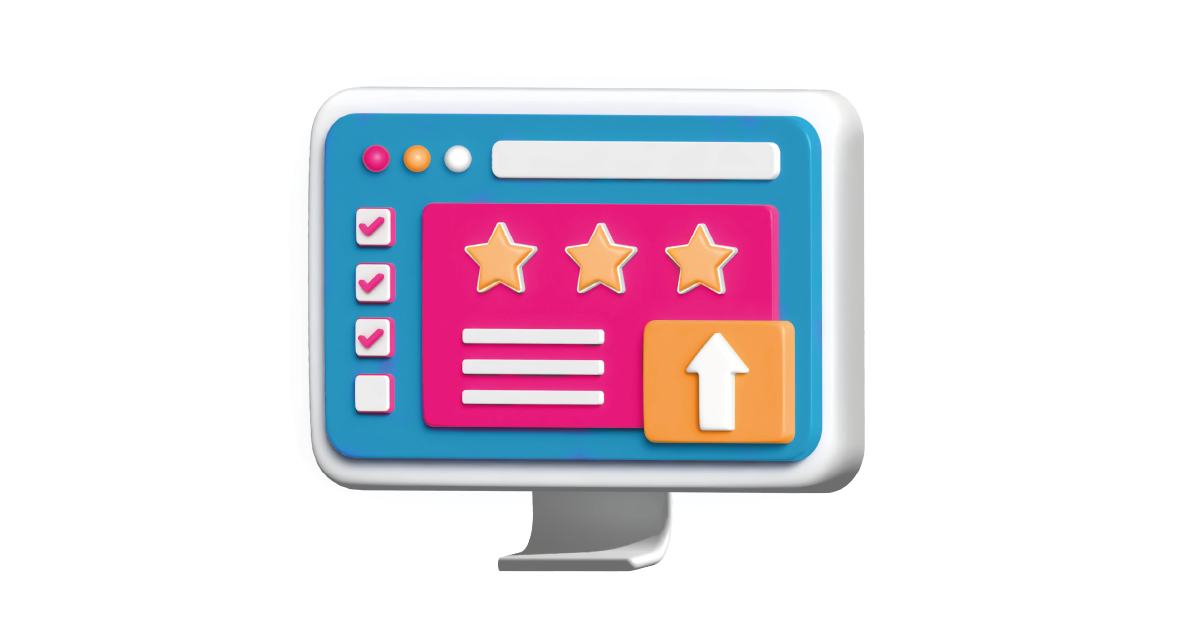In today’s digital age, where information is readily available at our fingertips, your online reputation management tools have become paramount. With the proliferation of social media platforms, review websites, and search engines, individuals and businesses alike need to actively monitor and maintain their online presence.
Understanding Online Reputation Management Tools

Online Reputation Management (ORM) tools are software solutions designed to monitor, analyze, and manage your online presence. These tools aggregate data from various online sources, including social media platforms, review websites, news articles, and search engine results.
Types of Online Reputation Management Tools
1. Social Media Monitoring Tools
Social media monitoring tools track mentions, comments, and conversations about your brand across various social media platforms.
2. Review Monitoring and Management Tools
Review monitoring and management tools help businesses track and manage customer reviews on platforms like Yelp, Google My Business, and TripAdvisor.
3. Search Engine Optimization (SEO) Tools
SEO tools help improve your website’s search engine rankings by optimizing content, keywords, and meta tags.
4. Brand Mention Tracking Tools
Brand mention tracking tools monitor online mentions of your brand or keywords across the web, including blogs, forums, and news websites.
5. Online Review Generation Tools
Online review generation tools help businesses solicit and collect positive reviews from satisfied customers.
6. Sentiment Analysis Tools
Sentiment analysis tools analyze the tone and sentiment of online mentions to gauge public perception of your brand.
Features and Benefits of Online Reputation Management Tools
- Real-time monitoring of online mentions and conversations
- Customizable alerts for brand mentions and reviews
- Data analytics and reporting to track online reputation metrics
- Automated response and engagement with customers
- Competitive analysis and benchmarking against industry peers
How to Choose the Right Online Reputation Management Tools
When selecting ORM tools, consider factors such as your budget, the size of your business, your specific needs, and the features offered by different providers. Look for user-friendly interfaces, robust analytics, and responsive customer support.
Best Practices for Effective Online Reputation Management
- Monitor your online presence regularly
- Respond promptly and professionally to customer feedback
- Encourage satisfied customers to leave positive reviews
- Address negative feedback with empathy and transparency
- Build a strong brand narrative and identity across all online channels
Common Mistakes to Avoid in ORM
- Ignoring negative feedback or criticism
- Responding defensively or impulsively to negative reviews
- Failing to update and maintain accurate business information online
- Underestimating the impact of online reputation on business success
Case Studies and Record-Breaking Examples
- Domino’s Pizza Turnaround: In 2009, Domino’s Pizza faced a significant online reputation crisis when a video of employees mishandling food went viral. This negative publicity threatened the company’s brand image. Domino’s responded by using online reputation management (ORM) tools to track the spread of the video and public sentiment. They launched a transparent and proactive social media campaign, which included the CEO’s public apology and a commitment to improve food quality. This strategy not only salvaged their reputation but also led to a 14.3% increase in same-store sales, marking one of the most successful comebacks in the fast-food industry.
Tweet from Influencer:
“Watching Domino’s Pizza take control of their narrative and turn around their brand after a PR nightmare is a masterclass in online reputation management. 🍕💪 #BrandRecovery #MarketingMagic”
— @MarketingGuru - United Airlines Passenger Incident: In 2017, United Airlines faced a severe backlash after a video showing a passenger being forcibly removed from an overbooked flight went viral. The incident led to a massive social media outcry, resulting in a plummet of the company’s stock by over $1 billion in market value within days. United Airlines struggled with their response, initially defending the crew’s actions, which only fueled more negative sentiment. Eventually, the company used ORM tools to better manage online feedback, issuing a more sincere apology, and making policy changes to prevent future incidents. Although it took time, United gradually regained some consumer trust.
Tweet from Influencer:
“United Airlines showed us how NOT to handle a crisis. A delayed, tone-deaf response can cost billions in brand value. ORM tools could have saved them much sooner. 🛫💼 #CrisisManagement”
— @AviationInsights - Nike’s Colin Kaepernick Campaign: Nike made headlines in 2018 with their controversial ad campaign featuring Colin Kaepernick. The campaign sparked widespread debate, with both praise and backlash flooding social media. Nike’s ORM tools played a crucial role in monitoring public sentiment and managing the discourse. Despite initial negative reactions, Nike’s sales surged by 31% in the days following the campaign’s launch, showcasing the power of leveraging social media buzz and sentiment analysis in reputation management.
Tweet from Influencer:
“Nike’s bold move with the Kaepernick campaign proved that understanding your audience’s sentiment can turn controversy into profit. Talk about smart ORM! 👟🔥 #JustDoIt”
— @BrandStrategist
Future Trends
As technology evolves, online reputation management will continue to adapt and innovate. Emerging trends include AI-powered sentiment analysis, influencer marketing, and personalized customer experiences.
Conclusion
In today’s digital era, managing your online reputation is non-negotiable. Online reputation management tools empower individuals and businesses to monitor, analyze, and respond to online feedback effectively. By leveraging these tools and implementing best practices, you can safeguard your reputation and build trust with your audience.
Ready to take control of your online reputation? Request a demo from AIM Technologies today and discover how our cutting-edge solutions can elevate your brand’s online presence and reputation management strategies.
FAQs
What is the role of social media in online reputation management?
- Social media plays a crucial role in online reputation management by serving as a platform where customers can express their opinions, experiences, and feedback about a brand. Monitoring social media channels allows businesses to stay informed about what customers are saying and respond promptly to both positive and negative feedback, thereby shaping their online reputation.
How can small businesses benefit from online reputation management tools?
- Small businesses can benefit from online reputation management tools by gaining insights into how they are perceived online, monitoring customer feedback across various platforms, and addressing issues or concerns promptly. These tools help small businesses build credibility, trust, and loyalty among their target audience, ultimately driving growth and success.
Are online review generation tools ethical?
- Online review generation tools are ethical when used responsibly and transparently. Encouraging satisfied customers to leave positive reviews can help businesses enhance their online reputation and attract new customers. However, it’s important to avoid unethical practices such as incentivizing or fabricating reviews, as this can damage trust and credibility in the long run.
What are some common misconceptions about online reputation management?
- One common misconception about online reputation management is that it’s only necessary for large corporations or high-profile individuals. In reality, every business and individual with an online presence can benefit from proactive reputation management. Another misconception is that online reputation management is solely about damage control. While addressing negative feedback is important, effective reputation management also involves showcasing positive aspects of your brand and engaging with your audience authentically.
How do online reputation management tools impact SEO strategies?
- Online reputation management tools can positively impact SEO strategies by helping businesses monitor and improve their online presence. By analyzing online mentions, reviews, and sentiment, businesses can identify opportunities to optimize their content and enhance their search engine rankings. Additionally, maintaining a positive online reputation can lead to increased visibility and credibility in search engine results, ultimately driving organic traffic to their websites.




